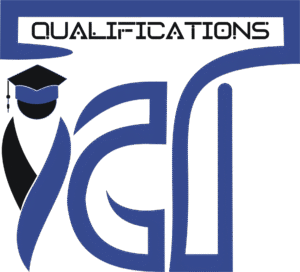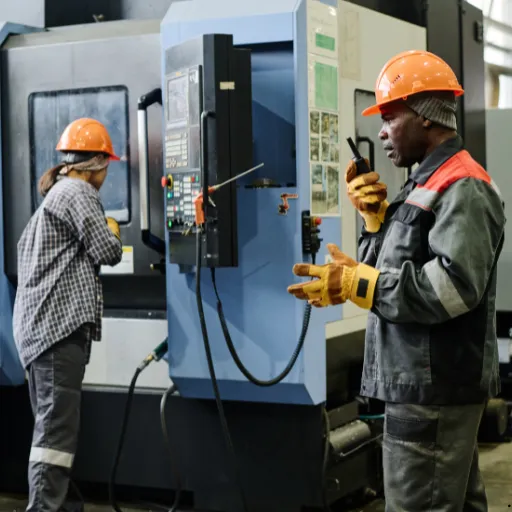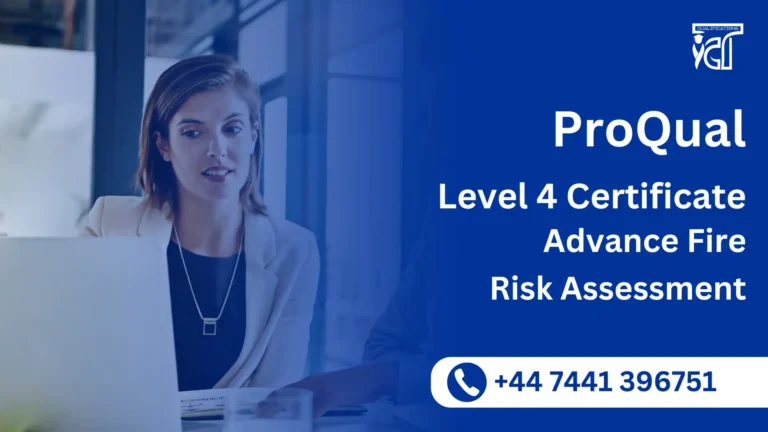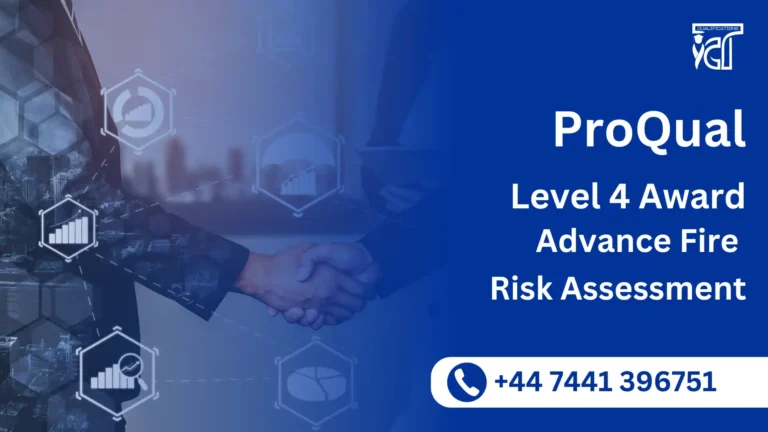ProQual Level 2 Award in Machinery Safety for Operators
Certified Skills for Safer Machinery Use


Course Level
Level 2
Course Type
Ofqual Regulated
Awarding Body
ProQual
Duration
1 to 4 Months
Study Mood
Online
Assessment
Assignments Based
Course Overview
What is this course
The ProQual Level 2 Award in Machinery Safety for Operators is designed to provide essential knowledge and practical skills for individuals working with machinery in industrial, construction, and manufacturing environments. The course focuses on safe operating practices, hazard awareness, and compliance with workplace safety standards, ensuring operators can carry out their duties responsibly and effectively.
Learners will gain a clear understanding of machinery-related risks, including mechanical hazards, electrical safety, and emergency procedures. The program emphasizes practical application, enabling participants to identify potential dangers, implement control measures, and follow safe systems of work. By combining theoretical learning with workplace-based evidence, the qualification ensures that learners can apply safety principles directly to their daily tasks.
Completing this award demonstrates competence in machinery safety and strengthens professional credibility. It is particularly valuable for operators, supervisors, and employees in roles where machinery use is routine, helping organizations reduce accidents, improve compliance, and promote a strong safety culture. The qualification also supports career progression by providing a recognized credential in occupational safety.
Course Content
Detailed Curriculum Structure
To achieve the Proqual Level 2 Award in Machinery Safety for Operators: Candidates must complete the following single Mandatory unit of 50 Guided Learning Hour.
Who Should Attend
Target Audience and Participants
- Machine operators working in industrial or manufacturing settings
- Construction workers handling heavy or powered machinery
- Warehouse and logistics staff using mechanical equipment
- Supervisors overseeing teams that operate machinery daily
- Employees new to machinery operations needing safety training
- Experienced operators seeking formal certification in safety practices
- Health and safety staff supporting machinery-related risk management
- Organizations aiming to improve compliance and reduce workplace accidents
Career & Learning Benefits
Skills, Knowledge & Opportunities You Will Earn
- Gain essential knowledge of safe machinery operation practices
- Strengthen compliance with workplace health and safety regulations
- Develop practical skills to identify and reduce machinery-related risks
- Improve confidence in handling equipment safely and responsibly
- Enhance employability with a recognized safety qualification
- Support accident prevention and promote a safer work environment
- Build competence in emergency procedures and hazard awareness
- Contribute to organizational safety culture and compliance standards
Need More Information?
Frequently Asked Questions Explained
Enrollment Criteria
Minimum Eligibility Criteria for Enrollment
Lock In Your Spot
Get in Touch
+44 2035 764371
+44 7441 396751
info@ictqual.co.uk
www.inspirecollege.co.uk









